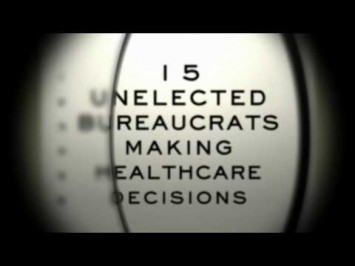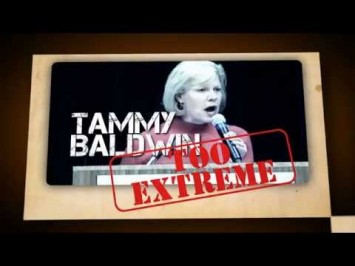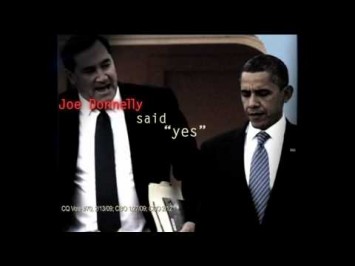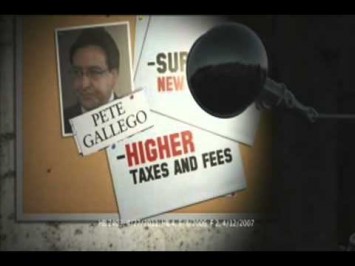Crossroads GPS: “Focus”


An ad from Crossroads GPS hits New York congressional contender Julian Schreibman over his stated support for the Affordable Care Act, leveling falsehoods about the law’s effect on Medicare spending, seniors’ care, taxes, costs, and insurance coverage. In reality, the law reduces future Medicare spending without cutting seniors’ current benefits, it helps control rising costs, and it’s expected to expand insurance coverage – all without taking health care decisions away from individuals or raising taxes on most Americans. What’s more, Schreibman’s opponent, Rep. Chris Gibson (R), voted to keep the $716 billion in savings GPS attacks Schreibman over.
Read more after the jump.










